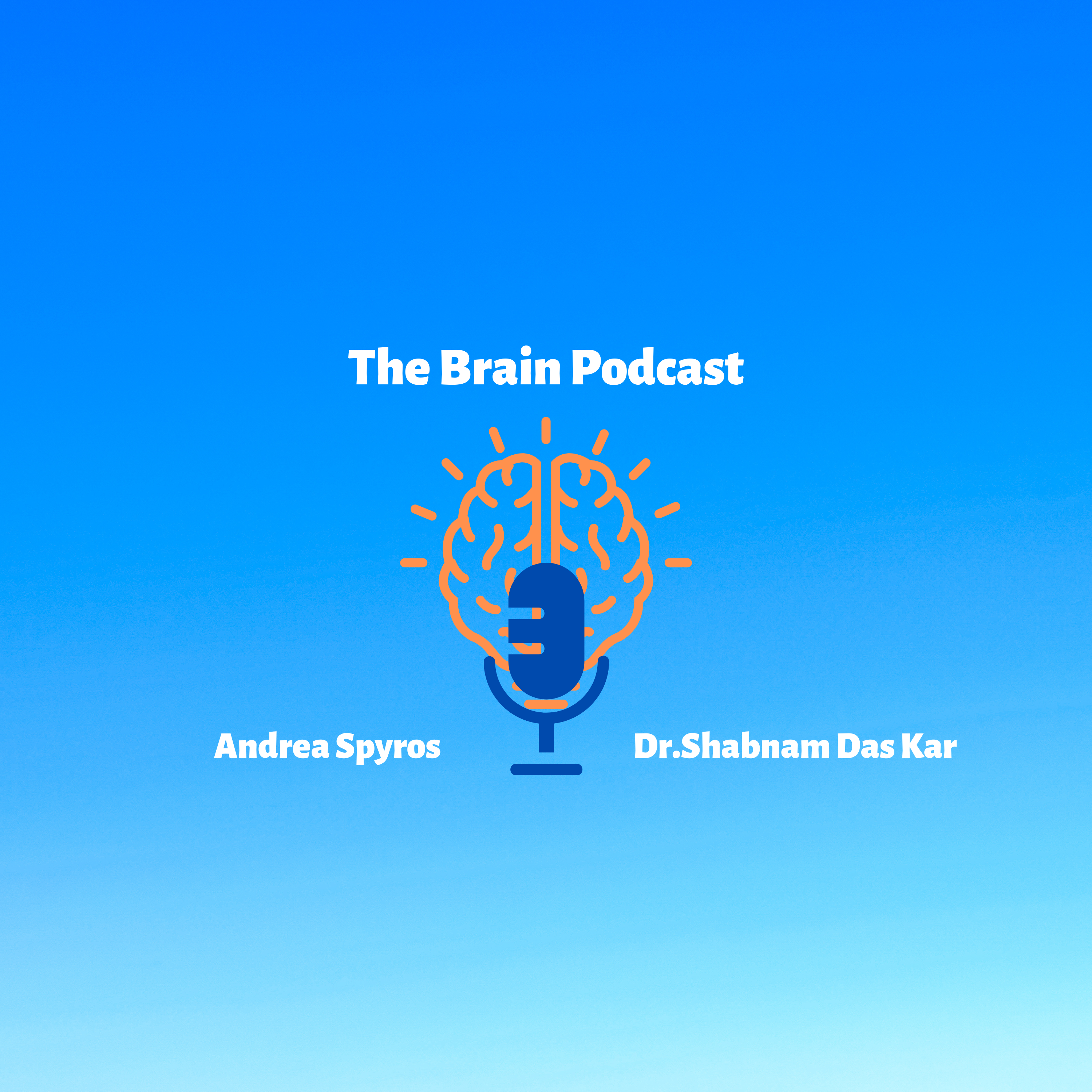The most common form of dementia, Alzheimer’s Disease, starts 20 to 30 years before symptoms develop. To date, there is no cure for Alzheimer’s. A milestone trial in the Journal Lancet tells us that about 40% of dementia risk can be reduced if we address 12 specific areas, mostly related to lifestyle.
The FINGER Trial from Finland is the first of many studies using a multi-modal approach using food, cognitive training, better blood pressure and blood glucose management and exercise to reduce the risk of dementia in people with minimal cognitive impairment.
(00:00) – Back to the Brain: Number One
(00:19) – Alzheimer’s Disease Prevention
(02:46) – Why is the problem of dementia so big?
(03:30) – The Finger Trials for Alzheimer’s
(06:36) – Alzheimer’s Disease: The multimodal approach
(07:26) – The Multidomodal Approach to Alzheimer’s
(09:47) – Dementia prevention trials
(13:30) – Preventing Alzheimer’s by 60 years old
(14:15) – Preventive Medicine for People in Their 60s
(16:13) – Prevention of Alzheimer’s? It’s never too late to start
(17:18) – Cognitive decline in people 60 s or older
(18:37) – Diabetes and hypertension in the finger trial
(21:59) – Cognitive function and neuropsychiatric assessment
(23:53) – Cognitive function and neuropsychiatric assessment
(25:17) – The Food and Brain Health
(25:45) – The Finnish trial food recommendation
(26:26) – Food recommendation in the Finnish trial
(26:55) – Healthy diet for men and women
(27:44) – Saturated Fat and Trans fats in the diet
(31:51) – How to get enough omega 3 from food
(32:57) – What else did I miss out on?
(35:56) – How low should we lower the salt?
(36:21) – Weight loss of 5 to 10%
(39:27) – Cognitive training for seniors
(43:11) – Participation in the trials
(43:47) – Cognitive health and the trial
(44:47) – The cognitive health of elderly people
(46:21) – Alzheimer’s Disease prevention
(48:15) – Tiny Habits for Brain Health
Chapters created by ChapterMe
Gill, Shubhroz, and Satchidananda Panda. “A smartphone app reveals erratic diurnal eating patterns in humans that can be modulated for health benefits.” Cell metabolism 22.5 (2015): 789-798.

In this episode of the Brain Podcast, we delved into the topic of blue light-blocking glasses with guest Glen Lubbert, founder of Stamina Lab....

If we think back to our hunter-gatherer ancestors, why would nature design our bodies in a way where we spend (or are supposed to...

We explore the vital link between gut health and brain function with Luca Cuccia, founder of InJoy. Luca shares his health journey and how...